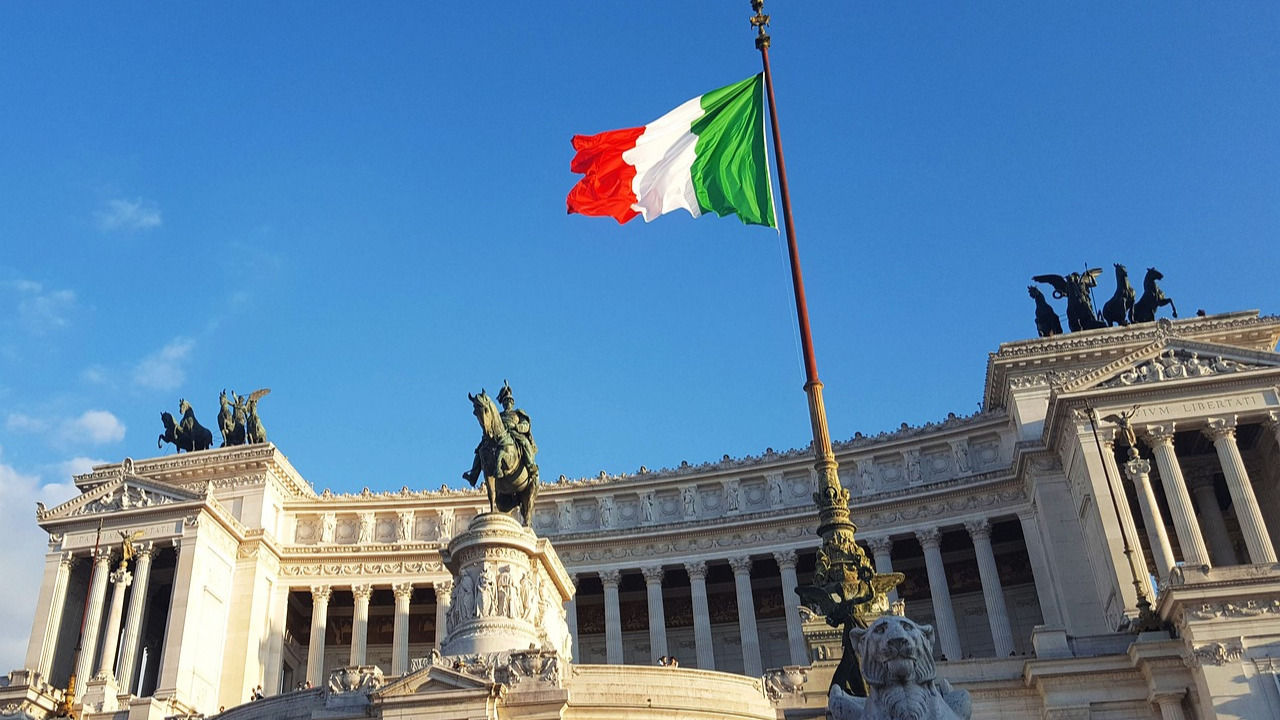The impact of tax changes in Italy: Italy’s decision to double its “flat-rate” tax on foreign income of wealthy new residents may dim its appeal as a tax haven, but the country’s inheritance tax structure continues to attract the ultra-rich, tax experts say. On Wednesday, Italy raised the so-called flat-rate tax for high-net-worth individuals moving to the country from 100,000 euros to 200,000 euros ($218,180) a year. This tax regime, introduced in 2017, has been popular with soccer stars such as Cristiano Ronaldo and finance professionals who migrated from London to Milan after Brexit. The tax plan, aimed at boosting the economy by attracting wealthy people, has been criticized for inflating demand for housing in Italy’s financial hub and exacerbating social inequalities.
Departure of non-residents in the United Kingdom
Italy’s tax policies are also under scrutiny, with the UK planning to end its “non-domiciled” tax system in April 2025. This system has exempted foreign income from tax for residents domiciled abroad, including for inheritance purposes. Marco Cerrato, a partner at tax law firm Maisto e Associati, noted that while Italy supports the flat tax regime, it must ensure that the influx of high-net-worth individuals does not spark political controversy over its fairness. Cerrato believes the €200,000 tax will likely keep the regime manageable. With inflation rising, the previous rate of €100,000 was seen as insufficiently high. Henley & Partners forecasts Italy will be Europe’s top destination for millionaires by 2024, overtaking Switzerland, Greece and Portugal. The consultancy expected that by mid-year, 2,200 people with at least $1 million in liquid assets would move to Italy, bringing the total number of relocations to around 3,000.
Italy remains attractive
Despite potential concerns about fluctuating foreign income, Italy’s tax incentives remain attractive for those with a net worth of over €7 million. Marco Palanca of Simmons & Simmons, who specialises in Italian tax law, suggests that the tax changes may lead some fund managers to reconsider Italy, but overall the country remains a solid choice for wealthy individuals due to its favourable inheritance tax provisions. While the UK Labour government is proposing to remove temporary relief measures for non-domiciles, including those that shield foreign assets from inheritance tax through trusts, Italy’s system remains advantageous. The Italian inheritance tax rate varies between 4% and 8% above certain thresholds, and the flat-tax regime exempts foreign assets from inheritance tax for 15 years, extendable to family members up to €25,000 per person. Italy is also benefiting from a number of bilateral agreements that avoid double taxation of income and capital, unlike other countries. Despite the recent tax increases, experts such as Vito Di Pede of Milan-based tax and law firm Studio Rock argue that Italy still offers a very favourable environment for the ultra-rich.
Disclaimer:
The information contained in this post is for general information purposes only. We make no representations or warranties of any kind, express or implied, about the completeness, accuracy, reliability, suitability or availability with respect to the website or the information, products, services, or related graphics contained on the post for any purpose.
We respect the intellectual property rights of content creators. If you are the owner of any material featured on our website and have concerns about its use, please contact us. We are committed to addressing any copyright issues promptly and will remove any material within 2 days of receiving a request from the rightful owner.

